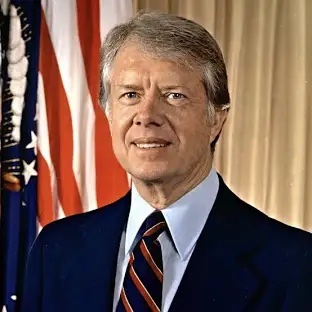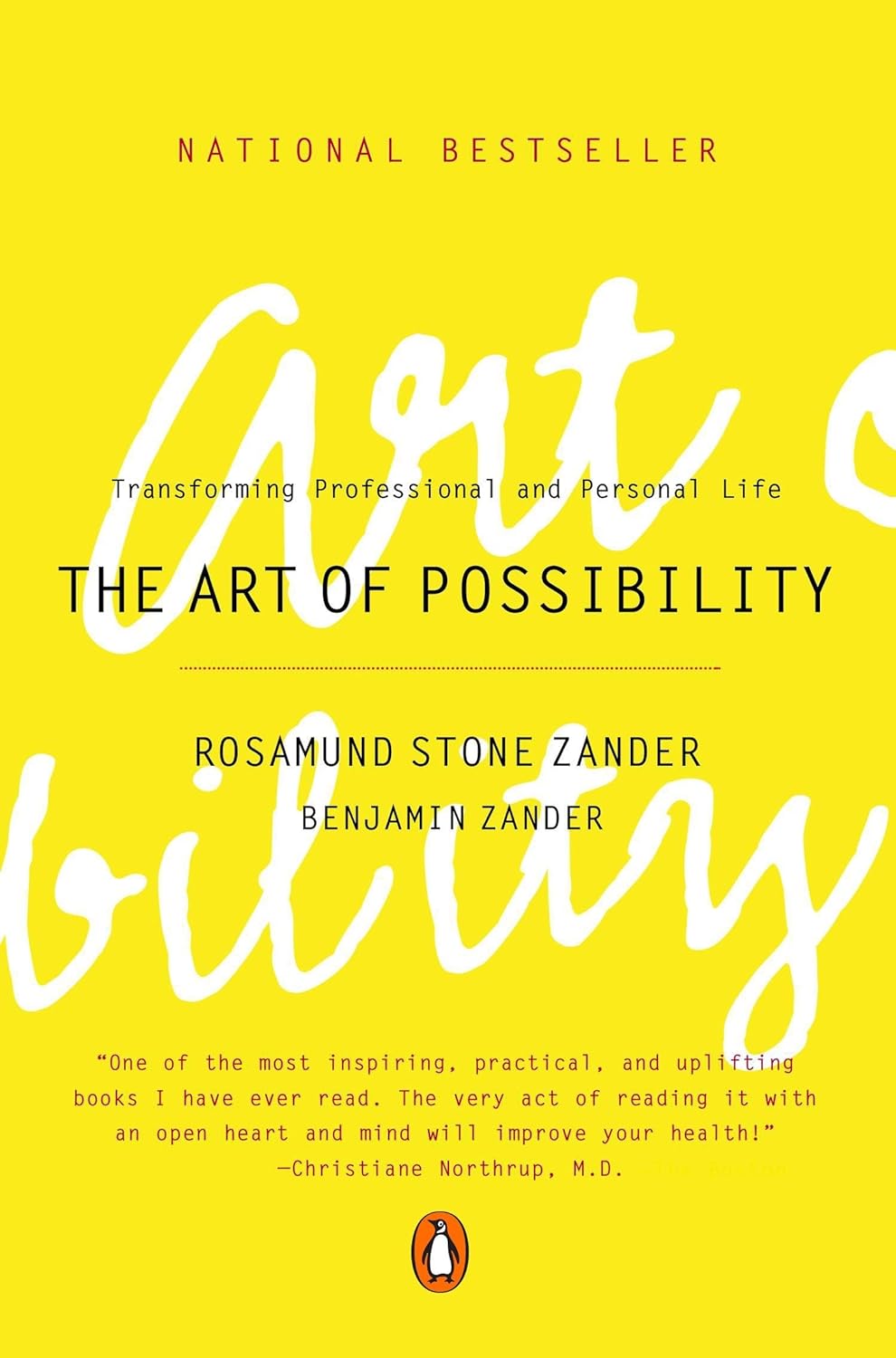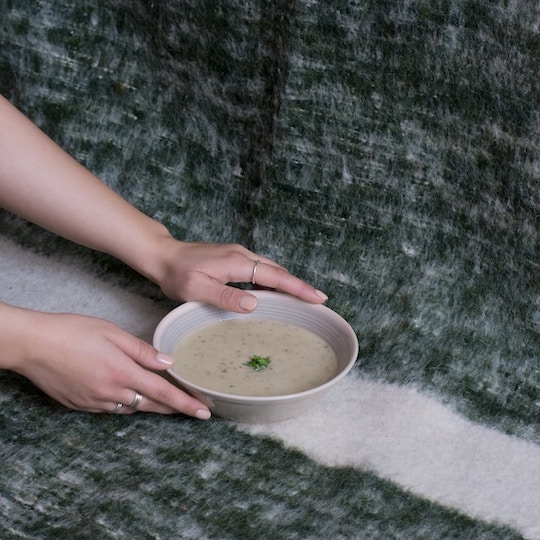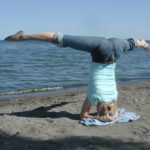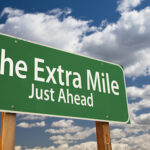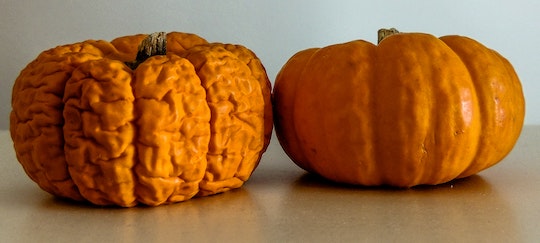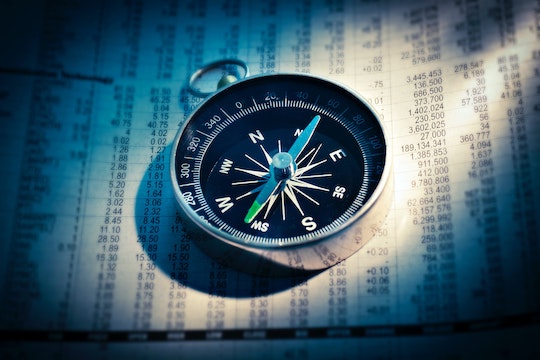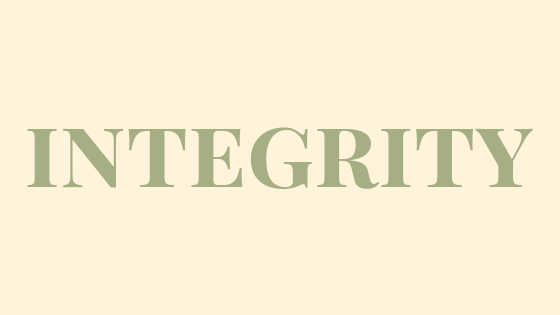“The bond of our common humanity is stronger than the divisiveness or our fears and prejudices.”
—Jimmy Carter, 39th President of the United States
Jimmy Carter is known for his commitment and efforts to enhance human rights at home and throughout the world. He was awarded the Nobel Peace Prize in 2002 for his diplomacy and promoting peace through the Carter Center.
At the age of 100, his life stands as a powerful legacy of extraordinary contributions to global welfare, inspiring others to engage in a wide range of humanitarian work.
EXERCISE:
In what ways does your attitude and efforts support the bonds of our common humanity? How do and can you partner with others in your communities to create a more peaceful and unified world for everyone?

